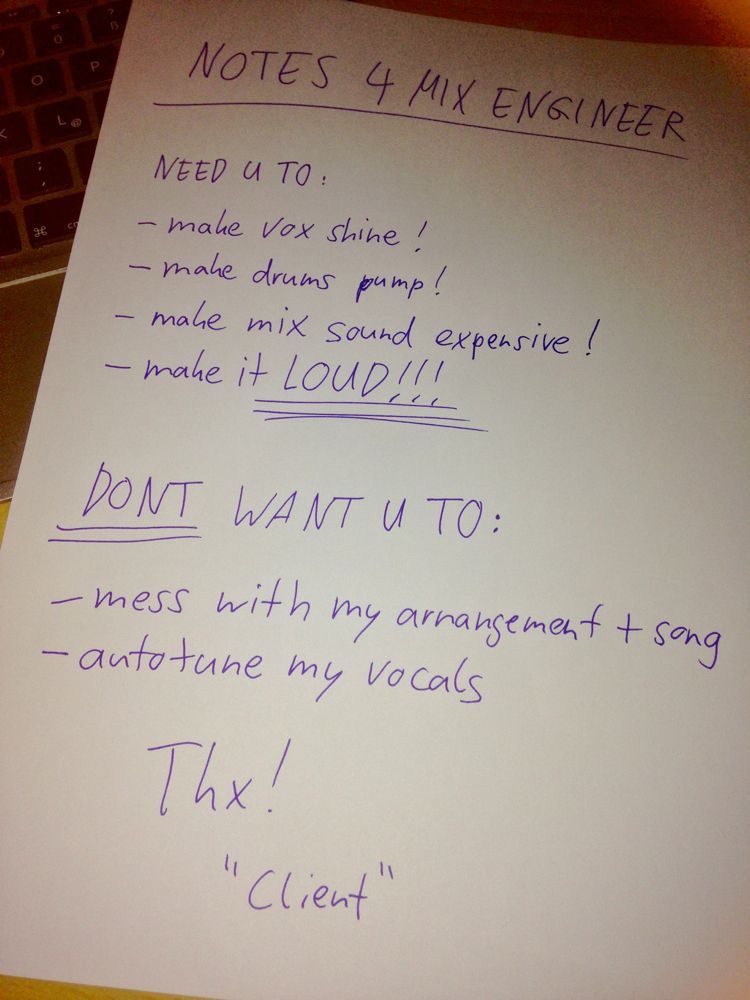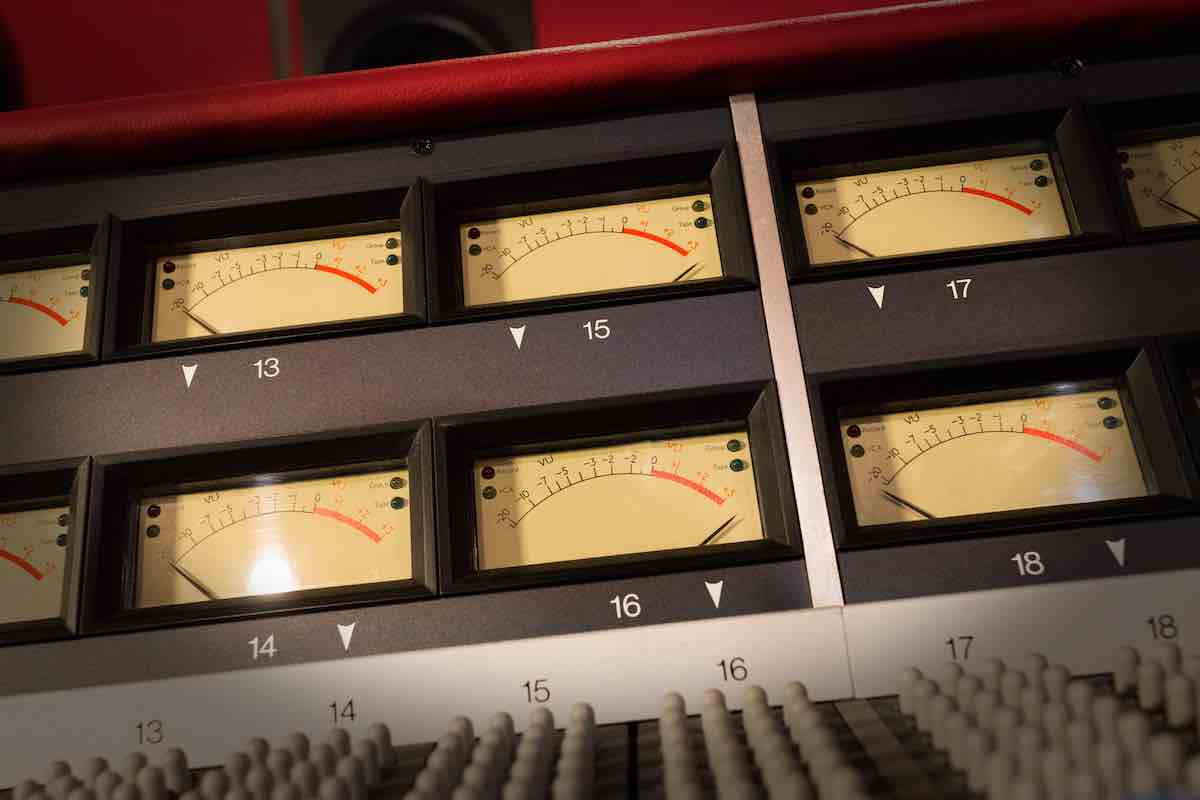The greatest gift for anybody involved in music production is the first-listen experience. When you are listening to a song for the first time, it is the only time you are hearing it like the consumer out there, the person who we want to win over with our final product.
But what happens when you’ve already worked on a production for a bunch of days, and maybe you are even a co-writer on the song and played/programmed most of the parts?
You know where I’m going with this one, right?
By the time your roughmix is done, you’re married to the song. In the worst way. The song keeps spinning in your sleep and you could not be further away from hearing your production with a fresh ear.
At this point you do not hear it like a record-label A&R, a radio programmer, and certainly not like a consumer.
You are emotionally connected to your work. You might be in love with it, proud of your drum-sound, the amount of bass in the mix or some of the production tricks you’ve used, or even worse, the opposite, you could be totally frustrated and tired of the damn thing!
Solutions?
A. Mixing for somebody else
When you mix a song for somebody else, you are indeed having the great advantage of the « first-listen experience ».
A great mix engineer, within seconds of his first listen, will understand where the producer wants the mix to go, spots problem areas of the mix, and as part of his craft has the skill and the tools to translate his impressions quickly into a mix with improved audio quality.
Add to that other advantages a paid mix engineer has that help him to get the job done.
– An environment specifically created for the task of mixing
– He is mixing records to a high standard EVERY DAY.
What else helps the mix engineers judgement?
– He gets paid!
Wow, who would have thought that!
„Why should that make the outcome of his work any different?“ you might ask.
Well, this one is easy. Let’s look at exactly what a mix engineer gets paid to do… (just some examples of what clients request)
The mix engineer gets paid to improve the audio quality while respecting the integrity and intention of the production.
His job is NOT to judge or criticise the quality of the song, production or instrumentation. Somebody who spends money on a mix engineer usually BELIEVES in what they deliver, while they are realistic enough to know that there is room for improvement
I’m sure you can see why a paid mixer whose only job is mixing a song for somebody else, is in a much better position to do a quality job compared to someone doing the mix as a task within a bigger project.
In Part 2, I’ll address possible work arounds and solutions for when you are mixing your own production.Part 2 is now live!
Author: Marc Mozart
(Artists and projects mixed for include Lil Wayne, DMX, Busta Rhymes, Queensryche, Bob Marley, Sly Stone, The Chronicles of Narnia, SaltnPepa, Sisqo, No Angels, Monrose, Bro’Sis and many more)










